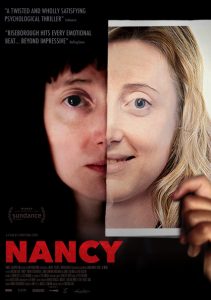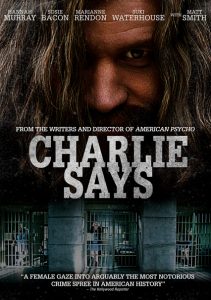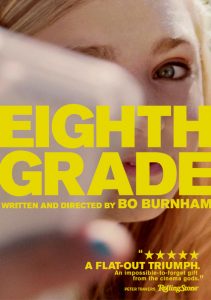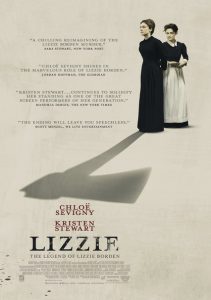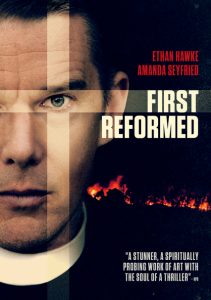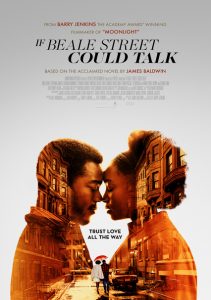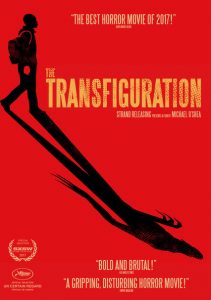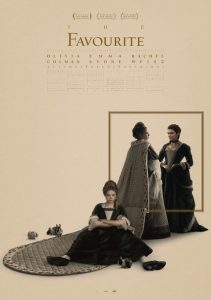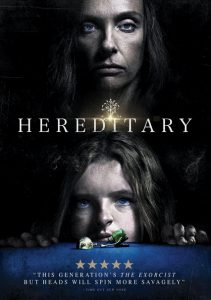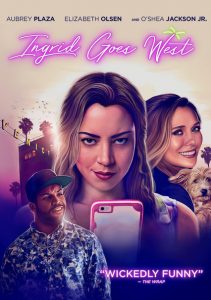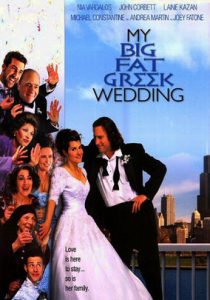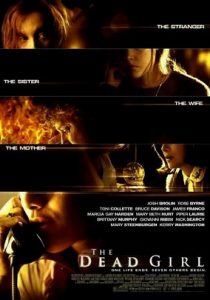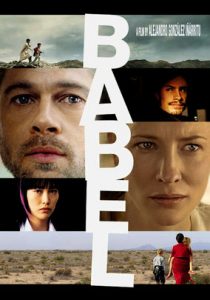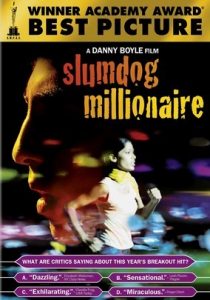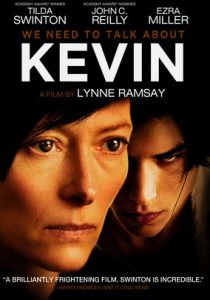Nancy-2018
Director Christina Coe
Starring Andrea Riseborough
Scott’s Review #941
Reviewed October 1, 2019
Grade: B+
Part of why I love independent cinema so much is the freedom it gives the director to tell a good story of his or her choosing, usually with little studio interference or opinions.
Nancy (2018) is a good example of this, as Christina Choe writes and directs a film that is hers to share. A quiet film about loneliness, the need to belong, and connect with others is the main element in a compelling and unpredictable story.
Living in a barren small town in upstate New York, Nancy (Andrea Riseborough) endures cold, damp, and bleak weather. Working a temporary office job where the staff barely remembers her from her previous stint, Nancy spends her downtime caring for her ill mother (Ann Dowd) and playing with her cat, Pete.
When an occurrence leaves her vulnerable, she sees a news report featuring a couple whose daughter disappeared thirty years ago. She looks exactly like Nancy, which gives the sometimes dishonest woman an idea.
Riseborough carries the film with a strong performance but is not a character the audience easily roots for. Nancy is not unkind, dutifully tending to her mother’s needs when she is not pleasant. She pretends to be pregnant to meet an internet support group man who lost a child and seeks comfort in Nancy.
Hoping for a romance or at least a human connection, the two run into each other, and when the man realizes her scheme, he calls her psycho. We witness a range of subtle facial expressions revealing the complicated character, which Riseborough provides brilliantly.
Choe tells a very human story peppered with deep feelings and emotions that are easy for the audience to relate to.
Conflicted views will resound between the principal characters: Nancy, Leo Lynch (Steve Buscemi), and his wife, Ellen (J. Smith-Cameron). The Lynches, especially Ellen, are vulnerable, yearning for a glimmer of hope that their long-lost daughter, surely dead, is alive.
So, the director’s complexities work exceptionally well to keep the emotional level high.
All three principal actors do a fine job, with Smith-Cameron being rewarded with a Film Independent award nomination. She is the most conflicted of the three and the character audiences will ultimately fall in love with and feel much empathy for.
Has Buscemi ever played a nicer man? I think not, as the actor so often plays villainous or grizzled so well. With Leo, he is rational, thoughtful, and skeptical of the story Nancy spins. He adores Ellen and does not want to see her again disappointed, the pain apparent on both faces.
The cast possesses many quiet and palpable subtleties.
The locale in the film is also a high point. Presumably, the cold and angry air fills the screen in January or February, adding a measure of hopelessness that each character suffers from differently.
Numerous scenes of the outdoors are featured, and compelling moments are provided. When a pretty snowfall coats the land, this is a tease, as one character’s hopes are ultimately dashed. A cheery landscape such as California or Florida would not have worked as well in this film.
Nancy (2018) risks turning some viewers off with its unhappy nature and slow pace, but isn’t this much better than a fast-paced Hollywood popcorn film?
To me, the answer is obvious, and Nancy is a prime example of why the film industry and its enthusiasts should celebrate and revere small films.
Lies and truths cross a fine line, and the potent psychological thriller will leave viewers mesmerized as events progress.
Independent Spirit Award Nominations: Best Supporting Female- J. Smith-Cameron, Best First Screenplay
